
Book
Speaking of Race
Why Everybody Needs to Talk About Racism―and How to Do It
Harper Wave,
2021
подробнее...
SPEAKING OF RACE: Why Everybody Needs to Talk About Racism—and How to Do It by Celeste Headlee. Copyright © 2021 by Celeste Headlee. Published by arrangement with Harper Wave, an imprint of HarperCollins Publishers.
ISBN: 9780063098152
Pages: 272
ISBN: 9780063098152
Pages: 272
Recommendation
In this instructive manual, Celeste Headlee dives headfirst into fraught territory. Stop avoiding talking about race, she says, and tackle it head-on. Her step-by-step guide walks readers through the process. She suggests entering a conversation with a plan and a goal, being respectful and speaking with empathy, while avoiding a judgmental stance. Headlee is sufficiently nonpartisan that her helpful approach functions across races, creeds and ideologies.
Summary
About the Author
Award-winning journalist Celeste Headlee is a professional speaker and the author of We Need to Talk: How to Have Conversations That Matter.


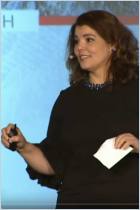

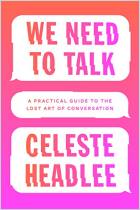

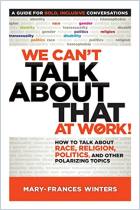
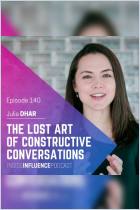
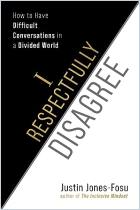
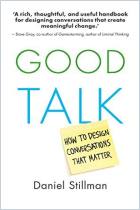
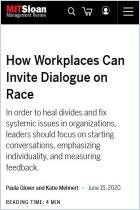




Comment on this summary